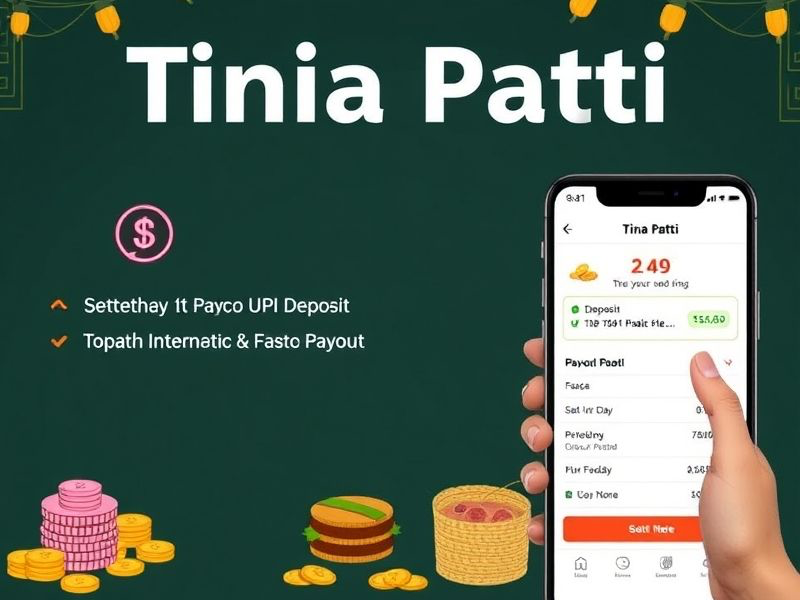
tina patti - UPI Deposit & Fast Payout
Upgrade Your Wallet: A Comprehensive Guide to UPI Transfers in India
Dear friends, have you ever found yourself in a situation where you needed to transfer money to a friend but got bogged down by the complexity of bank account details or the cumbersome transfer process? Today, I’m here to introduce you to a super practical tutorial—how to use UPI (Unified Payment Interface) for quick and efficient money transfers in India. This isn’t just a simple how-to guide; it’s an upgrade for your wallet. Let’s explore how to make money transfers simple, fast, and secure.
Understanding UPI
First, let’s understand what UPI is. UPI, or Unified Payment Interface, is a revolutionary electronic payment system developed by the National Payments Corporation of India. It allows users to transfer money between different banks swiftly without the need for cumbersome bank account details. This not only enhances the efficiency of transactions but also ensures their security. Whether you’re a student, a professional, or a freelancer, UPI can make your financial management much easier.
Why Choose UPI?

Why should you opt for UPI? Firstly, it’s incredibly user-friendly and compatible with almost all Indian banks and payment apps. Secondly, with UPI, you only need the recipient’s mobile number or email address to transfer money, eliminating the hassle of dealing with complex bank account details. Lastly, UPI transfers are fast, often completed within seconds, which is crucial in emergencies. Moreover, UPI transactions are secure, with all transactions protected to ensure your money is safe.
Popular UPI Apps: Paytm, PhonePe, and Google Pay
Before diving into UPI transfers, let’s familiarize ourselves with three of the most popular UPI apps in India: Paytm, PhonePe, and Google Pay. These apps are not only feature-rich but also boast a vast user base, making them highly convenient for everyday use.
- Paytm: India’s most popular mobile payment platform with over 300 million registered users. It offers a wide range of services beyond transfers, including recharges, bill payments, insurance, and investments.
- PhonePe: A comprehensive payment app that supports transfers, recharges, bill payments, and more. It’s known for its user-friendly interface and frequent promotional offers.
- Google Pay: Known for its robust security features, Google Pay supports various payment methods, including QR codes, fingerprint, and facial recognition, ensuring a secure and convenient payment experience.
Step-by-Step Guides to Using UPI Apps
- Using Paytm: Download the app, register, add your bank card, and start transferring money by entering the recipient’s mobile number or email address.
- Using PhonePe: Similar to Paytm, download the app, complete the registration, add your bank details, and proceed with the transfer.
- Using Google Pay: After downloading and registering, add your bank card and use the app’s secure interface to transfer funds quickly.
Tips and Future Trends
When using UPI, ensure your device and internet connection are stable, double-check the recipient’s details, and never share your payment passwords or OTPs. Looking ahead, advancements like 5G, AI, and blockchain technology are set to make UPI even faster, smarter, and more secure.
Conclusion
By now, you should be well-equipped to use Paytm, PhonePe, and Google Pay for quick, secure, and convenient money transfers. UPI is a game-changer for financial management, offering ease and efficiency to everyone. Dive into the world of UPI and enjoy the simplicity and joy of seamless transactions. If you have any questions or suggestions, feel free to leave a comment below. Happy transferring!
This guide not only walks you through the basics of UPI but also highlights its benefits and future potential, making it a must-read for anyone looking to streamline their financial transactions in India.

